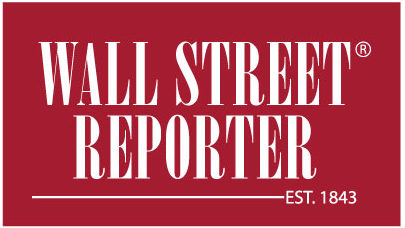What is happening in the stock market now? John Markman has written a brilliant column that articulates the “fear, regret, greed” cycle driving stock prices up right now.
Barry Ritholtz also thinks stocks are heading higher. But it will be a 1974 market – not a mega-bull like 1982.
Both John Markman and Barry Rtitholtz seem to think we’re in for a roller-coaster for the next few years with stocks not doing too much. Just like the 1970’s.
Barry Ritholtz writes:
Over the past month, I have heard quite a few people declare this to be the start of a new bull market. The kindest thing I can say in response to that is the jury is still out, but the weight of the evidence is inconclusive. In terms of historical analogies, investors should be asking themselves: Is this move more like 1982 or 1974?
I have noted in the past that following major bull runs, markets often have a major refractory period, wherein it takes years to work off the excesses of the prior period. Even in that period, markets will get deeply oversold and rally, and deeply overbought and sell off.The current secular bear is no different.
This could be 1982, but I doubt it. Instead, consider the 1973-76 period as a analog: The 23 month, 45% sell off was followed by 22 month, 76% rally. I could live through that again, as long ass disco doesn’t come back also . .
Excerpts from John Markman:
Regret stirs the bull.
All those investors who sold heavily in February and March, when volume blasted to multiyear peaks and prices spiraled into the ground, now face the two most vexing investor maladies of them all: not the usual two-headed devil of fear and greed, but the fearsome pairing of regret and envy.
And oh, baby, is regret corrosive. Every day you see the market rise when you’re out of stocks after taking a big loss eats at your mind like an acid. It burns at your psyche until you’ll do anything to make it go away. And because there is only one thing that can make that happen — buying stocks on the rise — you can see why stocks have relentlessly jumped higher of late. Every little dip is met with buying, and every big dip is met with even more buying.
A flu scare in Mexico? Bring it on. That’s just the sort of headline-creating event that bears lust for in an environment like this, hoping it will validate their point of view. Yet paradoxically, it’s much more likely to create a vacuum into which regretful buyers will lunge.
Given the slightest spark, the psychology of regret can force fund managers and retail investors into the market almost against their wills, and so can begin the next big bubble and boom. And as cynical as I am about company fundamentals and government intervention of late, this realization has helped turn me positive on stocks in the past month. It’s not a matter of being bullish or bearish on the economy but being opportunistic for stocks — more like a hawk than a lumbering ground-bound beast, scouring the savannah from the air for sustenance.
Strangely enough, veterans will tell you this is actually how most bull cycles start: in disbelief and rage. You might think bear markets end when the economy begins to improve in a pervasive way and big companies start to report better earnings. But that’s a fantasy, a children’s fable. Just as bear markets begin when everything is great, bull markets begin when everything stinks.
The inflection point comes when emotions run so high that economic and investment decision makers overcompensate. The economy hits bottom, for example, when industrial and retail purchasing managers get so pessimistic about future sales that they stop buying stuff to move through their factories and stores. And the market hits bottom when stocks have been run down so much that there are basically no more sellers — when the last holdout, like my friend’s fund manager, throws in his chips. STORY HERE
